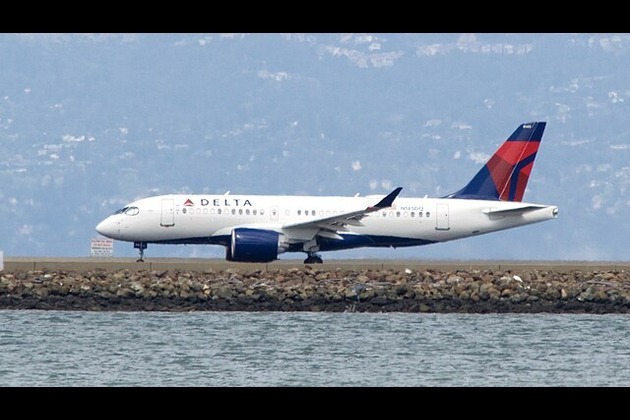Move FM Global News

Passengers sue Delta, United over costly “window seats” without views
Aug 22, 2025NEW YORK CITY, New York: Delta Air Lines and United Airlines are facing class-action lawsuits from passengers who say they paid premium prices for window seats but ended up next to a blank wall.
The lawsuits, filed in federal courts in Brooklyn, New York, and San Francisco, California, seek millions of dollars in damages on behalf of more than 1 million passengers at each airline.
The complaints point to specific configurations on Boeing 737s, Boeing 757s, and Airbus A321s, where what appears to be a window seat is actually wall space, blocked by air conditioning ducts, wiring, or other aircraft components.
According to the filings, Delta and United failed to disclose the missing windows during the booking process, unlike competitors such as Alaska Airlines and American Airlines. Passengers say they were still charged a premium, sometimes hundreds of dollars, for those seats.
The lawsuits argue that travelers purchase window seats for various reasons: to calm fears of flying, to reduce motion sickness, to entertain children, to enjoy natural light, or simply to view the scenery.
“Had plaintiffs and the class members known that the seats they were purchasing (were) windowless, they would not have selected them, much less have paid extra,” the complaint against United stated. The Delta complaint used similar language.
Delta, headquartered in Atlanta, and United, based in Chicago, did not immediately respond to requests for comment.
Ancillary revenue, such as seat selection fees, baggage charges, and cabin upgrades, has become an increasingly important source of income for airlines. It allows them to keep base fares lower while adding optional services.
Brooklyn resident Nicholas Meyer is leading the Delta case, while Marc Brenman of San Francisco and Aviva Copaken of Los Angeles filed the United case. Copaken said United refunded fees for two of her “windowless” flights but not for a third.
Although websites like SeatGuru highlight which seats lack windows, plaintiffs’ attorney Carter Greenbaum said airlines cannot use third-party sources to avoid liability. “A company can’t misrepresent the nature of the products it sells and then rely on third-party reviews to say a customer should have known that it was lying,” he said in an email.
The cases are Meyer v Delta Air Lines Inc., U.S. District Court, Eastern District of New York, No. 25-04608, and Brenman et al. v United Airlines Inc., U.S. District Court, Northern District of California, No. 25-06995.


